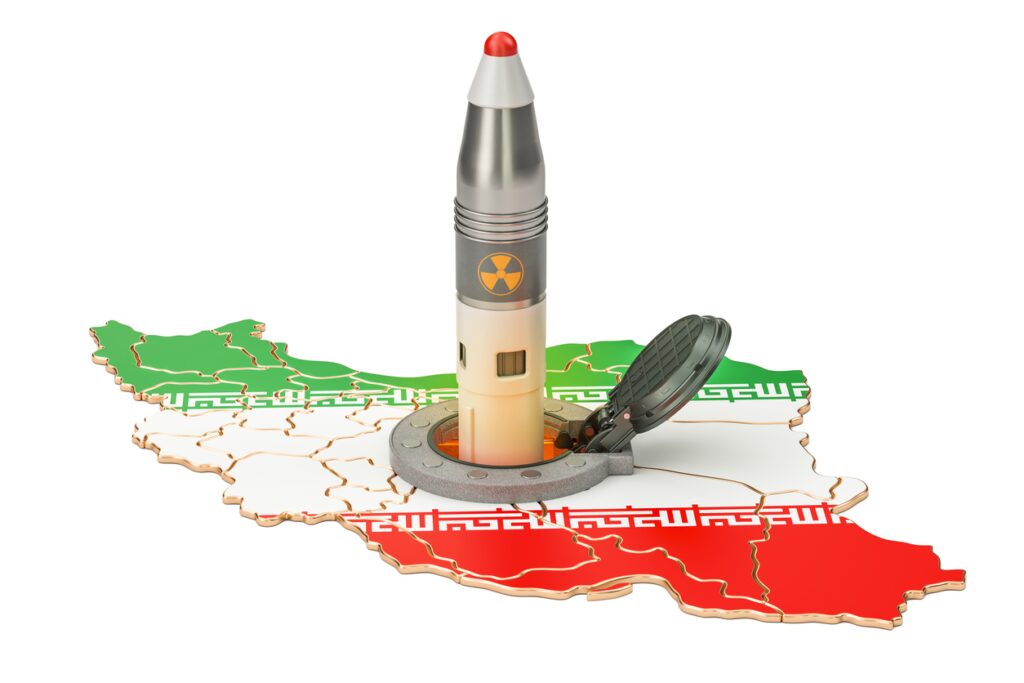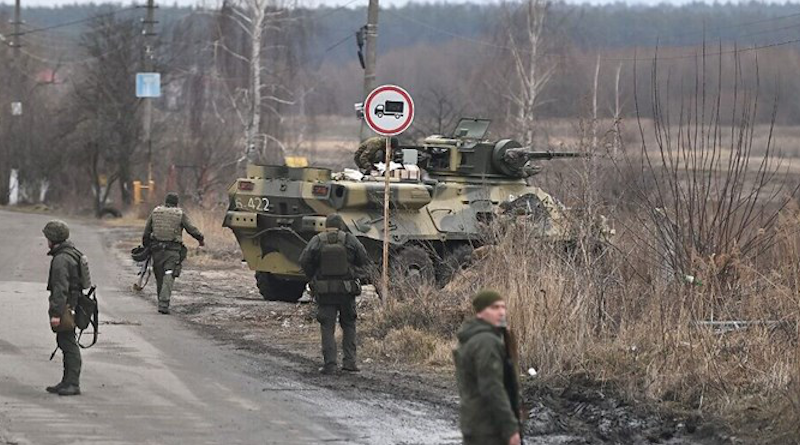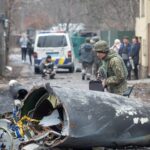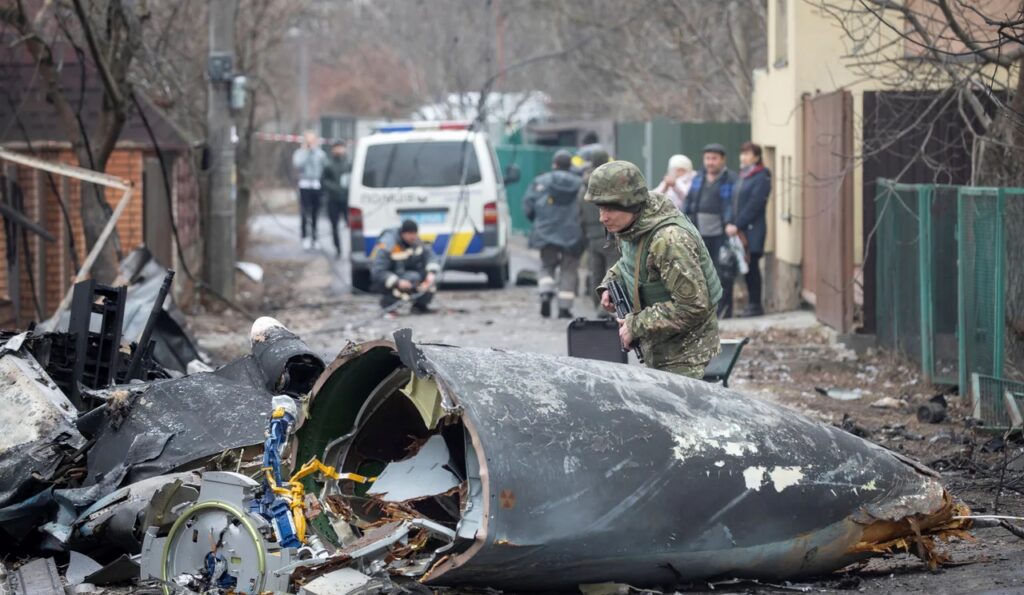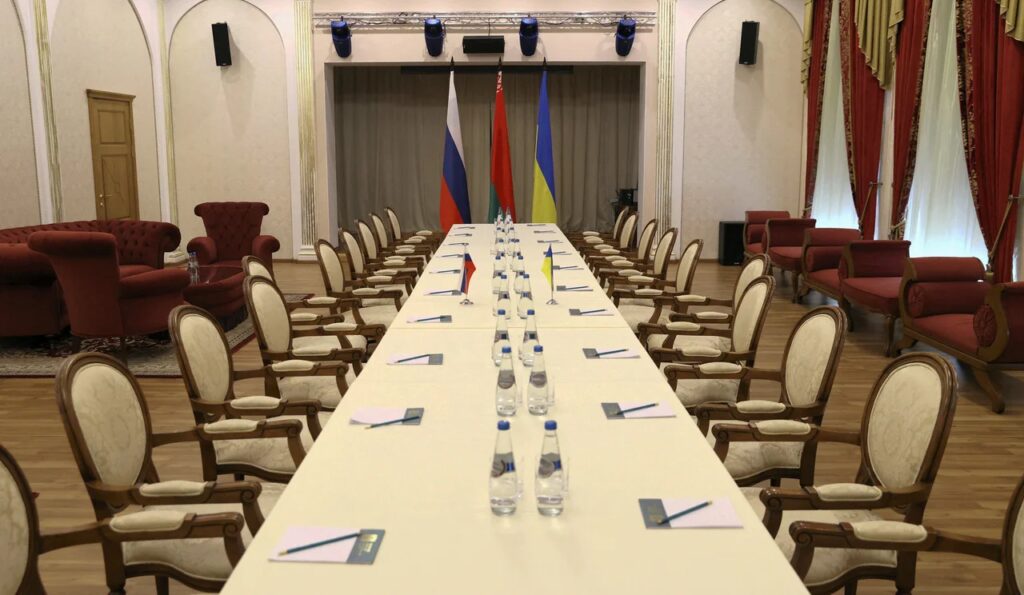Welcome To The New ‘New World Order’
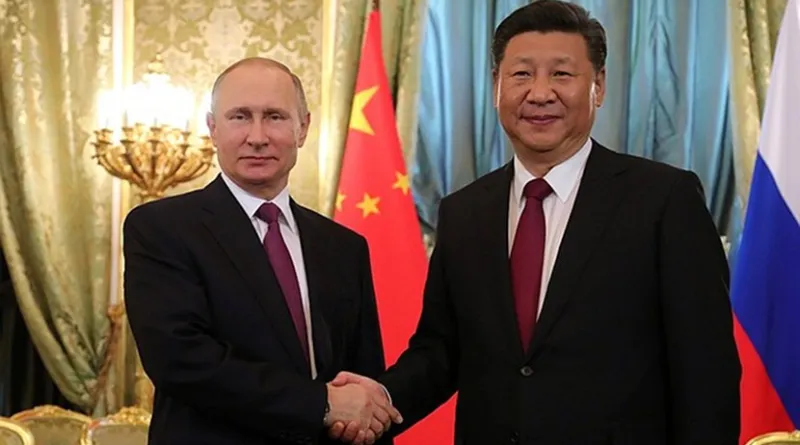
The Western nations and especially the United States awoke today to a new world today.
After decades of hearing US politicians boastingly describe the US as the “exceptional nation,” justifying its repeated violation of international law with invasions of Vietnam, Laos, Cambodia, Haiti, Dominican Republic, Panama, Grenada, Lebanon, Iraq, Afghanistan, Syria, Libya, El Salvador, and “regime change interventions in a host of other countries, because it could, all the while telling the rest of the nations of the world that they had to strictly obey the “rules-based order” of international relations, that countries do not invade or violate the borders of other countries, suddenly there is another nation that has decided it is “exceptional.”


